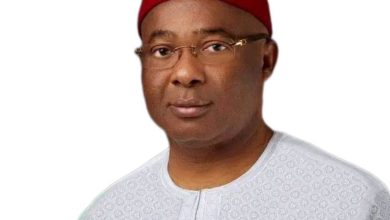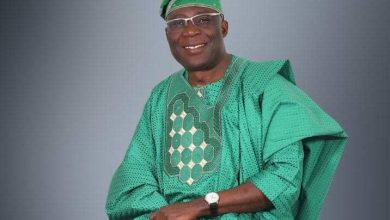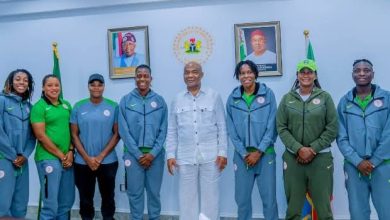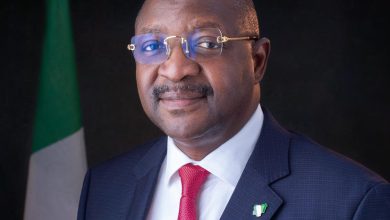Ibrahim Gusau’s Commitment to Grassroots Football Development
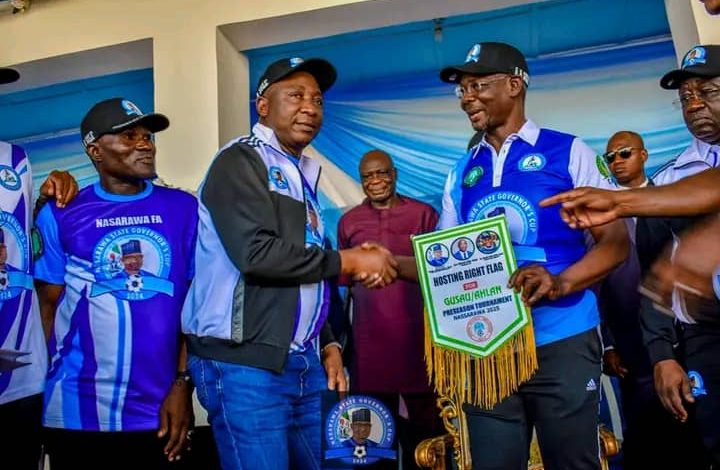
<img src="https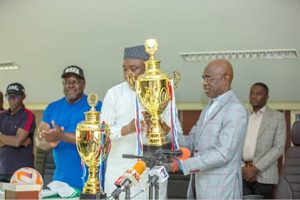
By Daniel Moses
Nigerian football is renowned for its passion, talent, and dedication. Yet, despite its rich heritage, the sport faces challenges that have hindered its growth. Ibrahim Gusau, President of the Nigeria Football Federation (NFF), has taken the initiative to transform Nigerian football through a comprehensive grassroots development program.
Before becoming NFF President, Gusau championed grassroots initiatives in his home state of Zamfara. He is committed to extending these efforts to underdeveloped areas, where raw talent is discovered and nurtured, paving the way for future stars in international football.
Gusau’s approach to grassroots football development includes several key components. He has collaborated with progressive organizations to establish a major Pre-season tournament, allowing teams from various regions to prepare for the new season.
Originally launched in Kano, the tournament has recently been hosted in Plateau State and is now moving to Nasarawa State to broaden grassroots engagement.
Since taking office, Gusau has revived age-grade teams, a concept abandoned by previous administrations. The formation of U-13 and U-15 national teams aims to serve as a talent pool for U-17 and U-20 squads. Various youth leagues are now operational across the country to identify and develop hidden talents. Additionally, football academies are receiving support to enhance their talent development programs, alongside regular coaching clinics for local coaches and training opportunities for women coaches.
Gusau has intensified talent identification efforts, encouraging youth participation in local competitions. He recently awarded trophies for age-grade tournaments in Benue and Nasarawa States, with plans to expand this initiative to more states in the future.
On the infrastructure front, Gusau has been proactive in supporting the upgrade and construction of football facilities, including pitches, stadiums, and training centers. He personally visits these facilities to ensure they meet international standards.
His administration has also formed strategic partnerships with international football organizations, governments, and private sector entities to secure funding and resources for grassroots development.
Historically, Nigerian football has relied on imported talent, overlooking the vast potential within its borders. This has led to inconsistent performances and an over-reliance on individual talent. Gusau understands that sustainable success hinges on investing in grassroots development.
Since launching his program, notable successes have been achieved, including increased youth participation in leagues and academies, improved training for local coaches, and the discovery of talented players who have represented Nigeria internationally. Additionally, Nigeria’s youth teams have seen increased success in various international competitions for both men and women.
Despite these advancements, challenges remain, such as funding issues, a shortage of quality facilities, and a need for greater transparency and accountability within programs.
For Gusau’s initiatives to reach their full potential, it is crucial to attract private sector investment and corporate sponsorships. Effective collaboration with state and local governments, as well as partnerships with international organizations, will also be essential for securing necessary resources.
In conclusion, Ibrahim Gusau’s grassroots football development program aims to spark a revolution in Nigerian football. By prioritizing youth development, infrastructure, and coaching, Nigeria is on track to become a football powerhouse as this program continues to evolve.
(Daniel Moses is a Sports Analyst from Jos, Plateau State)


